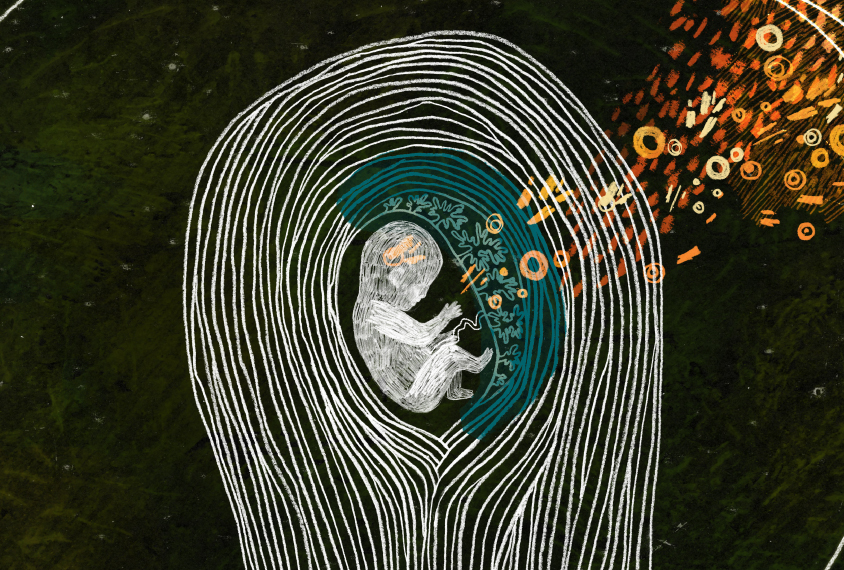Judith Van de Water is professor of internal medicine at the University of California, Davis and director of the UC Davis Center for Children’s Environmental Health.
Judy Van de Water
Professor
University of California, Davis
From this contributor
What the placenta could reveal about autism
Understanding the interactions between the placenta and the uterine lining could explain how maternal immune activation leads to autism.

What the placenta could reveal about autism
Premature ideas
A New York Times opinion column on 25 August suggested that at least some cases of autism could be considered inflammatory disorders. But this theory is still in its infancy.
Explore more from The Transmitter
Frameshift: Raphe Bernier followed his heart out of academia, then made his way back again
After a clinical research career, an interlude at Apple and four months in early retirement, Raphe Bernier found joy in teaching.

Frameshift: Raphe Bernier followed his heart out of academia, then made his way back again
After a clinical research career, an interlude at Apple and four months in early retirement, Raphe Bernier found joy in teaching.
Organoid study reveals shared brain pathways across autism-linked variants
The genetic variants initially affect brain development in unique ways, but over time they converge on common molecular pathways.

Organoid study reveals shared brain pathways across autism-linked variants
The genetic variants initially affect brain development in unique ways, but over time they converge on common molecular pathways.
Single gene sways caregiving circuits, behavior in male mice
Brain levels of the agouti gene determine whether African striped mice are doting fathers—or infanticidal ones.

Single gene sways caregiving circuits, behavior in male mice
Brain levels of the agouti gene determine whether African striped mice are doting fathers—or infanticidal ones.
